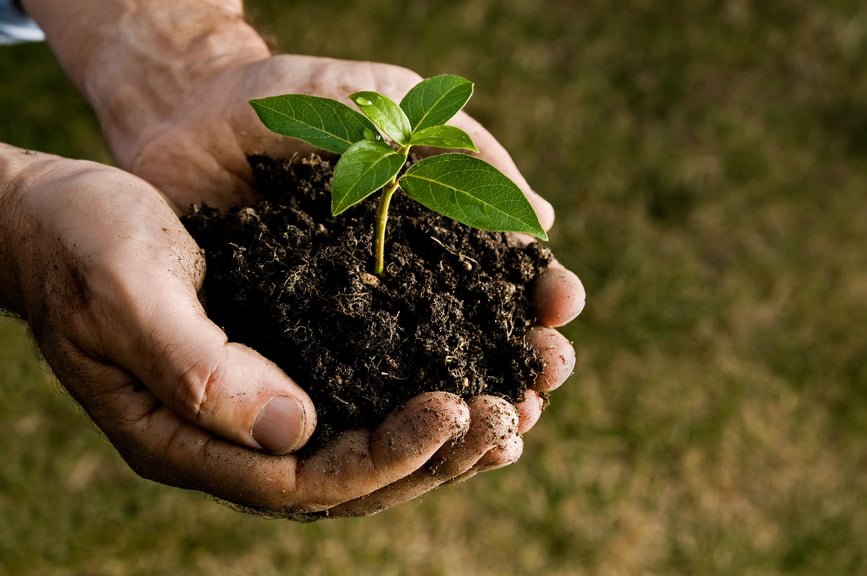
Soil-borne diseases are becoming more prolific throughout northern Utah, and they are the bane of many gardeners’ existences. The challenge is that the presence of these microorganisms is almost impossible to detect or diagnose without the knowledge and experience of an expert. Preventing soil-borne problems is the most effective way to avoid a heartbreaking and costly problem. If you do experience pathogens in your soil, an expert opinion will be necessary if you hope to ever get the problem under control.
What are Soil-Borne Diseases?
Billions of different microorganisms live in our soil, many of which play an important role in the ecosystem. Some, like the fungi that produce edible mushrooms, are also beneficial and welcome in some cases. The dangerous pathogens, however, can wreak havoc on your garden and planting beds. Vegetables and fruits are particularly susceptible. At best, these diseases can reduce yields and degrade the quality of your harvest. In more dire cases, these pathogens can cause root rot, wilting and decay. The challenge of soil-borne diseases is that they are difficult to diagnose and even harder to eradicate. Experts say the best defense is a strong offense.
Prevention is the Best Approach
Taking steps to avoid pathogens will help guarantee that you won’t have to go to battle. Examine plants thoroughly before purchase and avoid any specimens that exhibit unhealthy characteristics (spots, discoloration or non-normal leaf shapes, for example). Your healthy garden soil can become infested with unwanted pathogens or diseases brought in on new plants. Maintaining the proper soil pH, moisture and level of nutrients will give your garden the best chance at fighting off any potential threats. Incorporate soil amendments that encourage drainage and provide the right type of fertilizer to your plants to assure them the best chance of fighting off disease. Don’t overwater or move soil around in your garden to avoid cross-contamination.
Treating Soil-Borne Pathogens in Your Garden
If you do develop plant-based diseases, you may have a tough time determining the right course of action. Check with your local university extension to see if they can help identify the problem, or search your specific symptoms online for comparison. Master Gardener groups can be a great resource, but don’t overlook the knowledge and experience that can be found at your local garden center. If your plants die, remove the entire root ball and dig out at least six inches of dirt, disposing of it in the trash rather than in your compost pile. Take the dead specimen to your nursery for an opinion and advice on how to treat your soil to overcome the problem. In extreme cases, you may have to dig out the planting area entirely and bring in new, healthy dirt.
The local experts at Millcreek Gardens are committed to helping you succeed in your gardening and ornamental planting endeavors. Their knowledgeable staff can provide critical insight and guidance, helping you avoid and overcome soil-borne diseases year after year.


